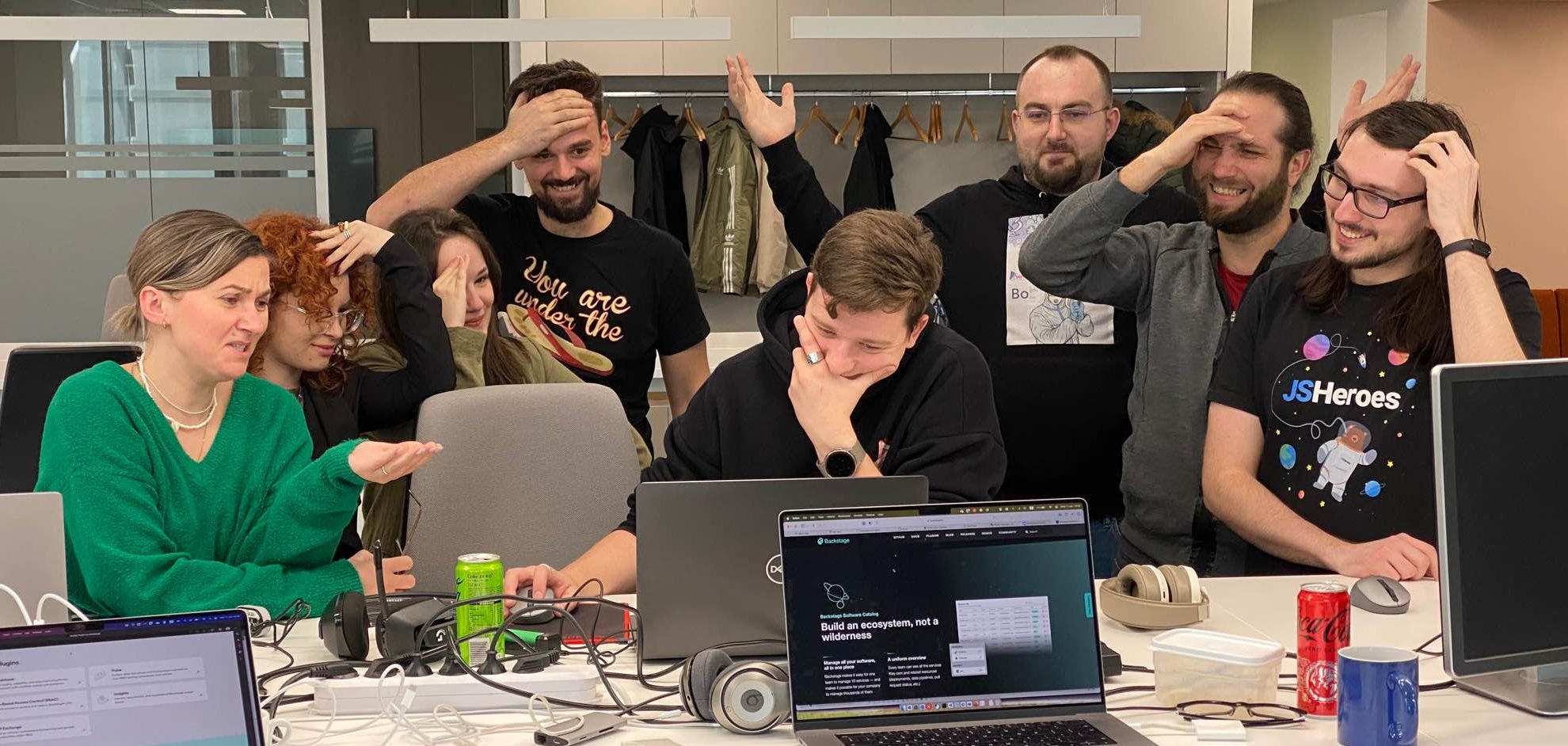And stopped competing with my colleagues
It’s spring 2013. I just got promoted to a mid-level developer, and I feel very confident with my programming skills. In fact, I am going to take the C# exam in a few months.
The project I am working on started four months ago, uses the latest technologies, and has an impressive architecture. Iancu, the tech lead, says we can add more developers to the team and speed up the development.
Everyone is feeling engaged as they are learning a lot. We have many technical workshops, do a lot of pair programming, and sometimes spend evenings brainstorming on improving the code. Most of us are competitive, and we end up creating a Skype group called “Interview questions,” where we mostly debate simple code snippets and race on who can rewrite them better.
I post a simple but tricky question that tests your understanding of how IEnumerable works in C#. Adrian, a new joiner on the project, starts describing a totally wrong solution that doesn’t make any sense.
I start laughing at him. Clearly, he doesn’t understand how it works, and I feel like I am winning. Besides mocking him, I even add more advanced questions to show him how good I am.
Five minutes later, Iancu posts a lengthy message with a complete explanation of how IEnumerable works, links to official resources, and the solution to my question. In the end, he describes the particular thing that was confusing for Adrian and ensures that everybody understands it.
Then Adrian writes on Skype, “See Răzvan? This is why Iancu is a tech lead”.
I feel so embarrassed. I was not helping Adrian at all, and more than that, I was bullying him.
It is at this moment that I realize that this toxic attitude affects Adrian and the entire team. It doesn’t create a safe environment where people feel confident to ask simple questions or to ask for help.
At this moment, I understand that being a senior is not only about technical skills. A senior developer should know how to lead a team, mentor, and be a role model.
Years later, I now ask questions to trigger learning, not to feed competition. I spent time going in as much detail as needed, caring more about the other person understanding than us leaving the meeting on time. Creating a safe learning environment is one of my top priorities, as it’s the backbone of collaboration.
Facilitating workshops and mentoring my colleagues might have been intended to help develop their skills, but it also made me a better person. My drive is to be the kind of tech lead Iancu was for me.
This article is by Răzvan Dragomir.
Razvan is a Chief Solution Architect at Yonder who started working for Yonder almost 12 years ago. He shares many of his insights on technology and personal development on LinkedIn (click here to follow him), and you can find him on Medium. But stay tuned as we will share more of his insights on our website as well.
STAY TUNED
Subscribe to our newsletter today and get regular updates on customer cases, blog posts, best practices and events.











